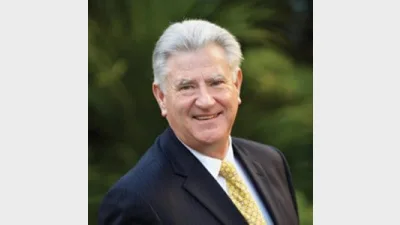Warning on licensee double taxation



Licensees with financial planners operating their own businesses but operating as authorised representatives have been placed at risk of substantial payroll bills because of inconsistencies between State legislation and the Corporations Act, according to dealer group, Synchron.
Synchron director, Don Trapnell has used a submission to the Financial System Inquiry to call for national action to ensure that "self-employed financial advisers and their licensees are exempt from state-based payroll tax regimes and the double taxation consequence".
In the submission, Trapnell said in recent years there had been a number of cases where state revenue offices had looked at financial advice licensees with a view to identifying payroll tax liabilities.
Further, he said there was uncertainty around the status of planners even though they were running their own businesses and provided services to their clients and had related expenses of running their businesses such as premises, insurance and accounting fees.
The submission said that if licensees were obliged to pay payroll tax with respect to these advisers it would amount to double taxation because it would be on top of the goods and services tax which was paid for the provision of services to clients.
"Existing examples of where state revenue offices have pursued licensees for payment have included backdating the assessment for up to seven years," Trapnell said. "Should this continue there will be many licensees where the impact would likely result in the financial collapse of the licensee."
"Most critically, this impact will be greatest for non-aligned and independent licensees who do not have an institutional parent to pick up this significant unplanned and retrospective tax assessment.
Recommended for you
ASIC has released the results of the latest financial adviser exam, held in November 2025.
Winners have been announced for this year's ifa Excellence Awards, hosted by Money Management's sister brand ifa.
Adviser exits have reported their biggest loss since June this week, according to Padua Wealth Data, kicking off what is set to be a difficult December for the industry.
Financial advisers often find themselves taking on the dual role of adviser and business owner but a managing director has suggested this leads only to subpar outcomes.











